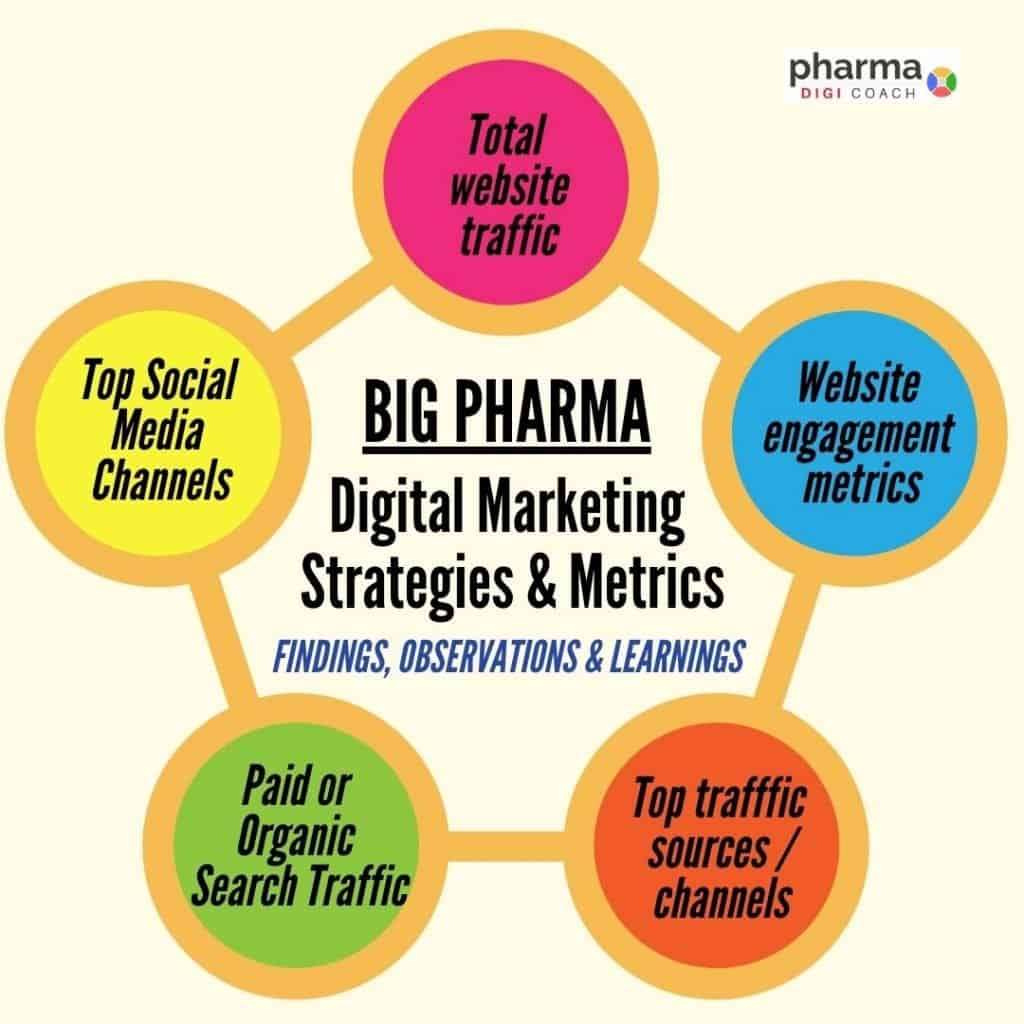Tackling Big Pharma’s Advertising: Time for a Public Health Approach?
With every passing year, marketing campaigns for prescription drugs grow increasingly pervasive, infiltrating social media platforms and printed materials. This phenomenon has incited significant discourse. One optimistic policy strategy is a proposal to curtail the intensity of pharmaceutical advertisements targeted directly at consumers. This initiative pinpoints a prevalent public health concern; the potential impact that forceful promotion could exert over consumer habits and resultant healthcare expenses.
The pharmaceutical industry is deeply hooked on marketing their products directly to consumers — a tactical evasion around medical professionals to directly influence customers. These companies are betting on consumer naivety, hoping to sway you from your doctors’ advice. The pharmaceutical industry allocates billions each year to promote the notion that they hold superior knowledge about your health and what medications are necessary for your wellbeing.
Remarkably, in 2023, US-based pharmaceutical companies collectively invested a jaw-dropping $18 billion into advertisements. An intriguing analysis from 2000 revealed that every dollar spent on direct-to-consumer advertisements for prescription drugs led to a $4.20 increase in the companies’ sales. This trend potentially spurs an unhealthy reliance on certain drugs in the consumer market.
In the existing regulatory environment, no federal law prevents these corporations from advertising their proprietary prescription drugs to the public. Moreover, pharmaceutical companies have emerged as some of the most affluent lobbyists in Washington, D.C., with an astounding expenditure of over $293.7 million in 2024 alone.
No other country bears a higher population consuming pharmaceutical drugs than the US, which also leads the global ranking concerning the price of essential medication. Frequently, pharmaceutical companies rush to popularize new medications without having a comprehensive understanding of their safety profiles. Regrettably, a culture lauding quick-fix pill solutions has been propagated, leading to a surge in drug misuse.
The costs associated with prescription drugs in the US have been escalating alarmingly over the years. Notably, only New Zealand and the United States permit advertising of pharmaceutical products directly to consumers. Most countries outlawed this practice back in the 1940s. In fact, when compared with all other industrialized nations, the United States tops the chart in terms of drug spending.
The American Medical Association, over several years, has urged for a total ban on direct-to-consumer advertising for prescription drugs. Pharmaceutical companies are known for aggressively promoting their expensive range of medicines, despite the availability of cost-effective alternatives. Worse, these companies advertise the notion of possessing a medicinal panacea for every health issue, some of which arguably don’t necessitate a prescription.
There’s a pressing need for Congress to direct the Food and Drug Administration (FDA) to thoroughly review and accord approval to all drug-related content prior to public airing. The FDA should impose a two-year embargo on direct-to-consumer advertising for newly released prescription drugs. This timeframe should allow proper overseeing of the drugs’ safety and efficacy.
Moreover, the FDA must mandate the incorporation of details on substitute therapies in these advertisements. This would include suggestions for altering lifestyles, enhancing nutritional intake, increasing physical activities, and similar alternatives. Additionally, the FDA should outrightly discourage broadcasts or commercials hailing controlled substances.
It is imperative for the Congress to enact a federal law to cease the direct-to-consumer marketing of prescription medications. Legislation banning pharmaceutical companies from availing tax deductions for their direct-to-consumer marketing expenses should also be prioritized. Amidst healthcare decisions being manipulated by marketing strategies and corporate gains, these policy shifts could reconcile a more patient-centric approach towards treatment choices.
The pharmaceutical industry, widely known as ‘Big Pharma’, needs to be held accountable for the adverse effects resulting from their unrestrained advertising zeal. Their role in impacting public health is substantial, and hence, consequential. It is time to instate measures that prioritize patient wellness above the relentless pursuit of profits, aligning pharmaceutical practices with ethical guidelines.

